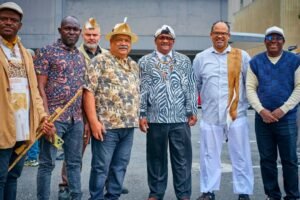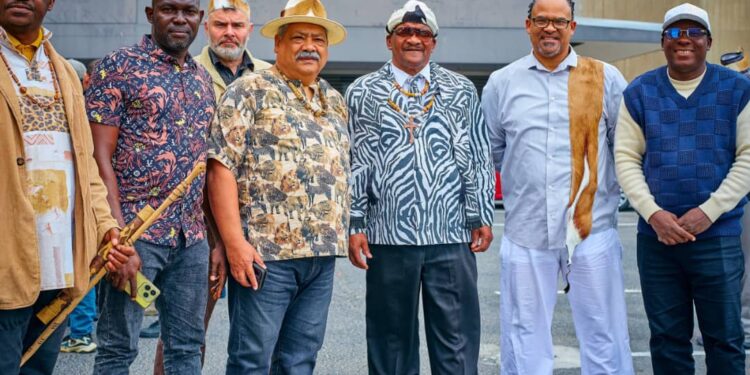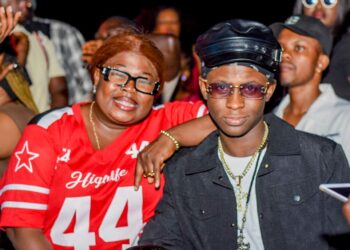
Photo credit: Lawal Abdullahi
As a Nigerian journalist observing the unique dressing habits of the Zulu tribe in South Africa, I was struck by their unwavering commitment to preserving their cultural identity. Even when they adopt modern English-style attire, a Zulu individual will always include a traditional element that signifies their heritage. This contrasts sharply with the dressing habits of Nigerians, where English attire is often worn without any cultural addition, leaving one’s ethnic identity less discernible unless dressed in traditional Yoruba, Igbo, or Hausa clothing.
Zulu women’s attire vividly reflects their cultural pride. Elaborate beadwork adorns necklaces, bracelets, and headbands, each piece more than mere decoration. These accessories tell stories of marital status, age, or social standing. Married women wear the isidwaba, a leather skirt, and the isicholo, a distinctive wide, flat hat. Younger women often opt for vibrant cloth wraps embellished with intricate bead designs, symbolizing vitality and youth.
For Zulu men, heritage is equally evident. During ceremonies, they wear the amabheshu, a leather skirt-like garment, along with beaded headbands and animal skins. These pieces serve not only functional purposes but also symbolize bravery and honor, with shields and spears often completing the ensemble during traditional dances or warrior-themed events.
In modern settings, Zulu people have found a balance between tradition and contemporary fashion. Urban Zulus incorporate traditional elements, such as beadwork, into their everyday attire, maintaining their cultural identity even in modern spaces. Rural communities, however, continue to wear traditional clothing more frequently, particularly during religious or communal events.
Zulu attire transcends being a mere form of fashion—it is a declaration of identity, pride, and storytelling. Through their dedication to weaving traditional elements into their daily lives, the Zulu people ensure that their vibrant heritage remains alive and recognizable, connecting their storied past with the present.

















